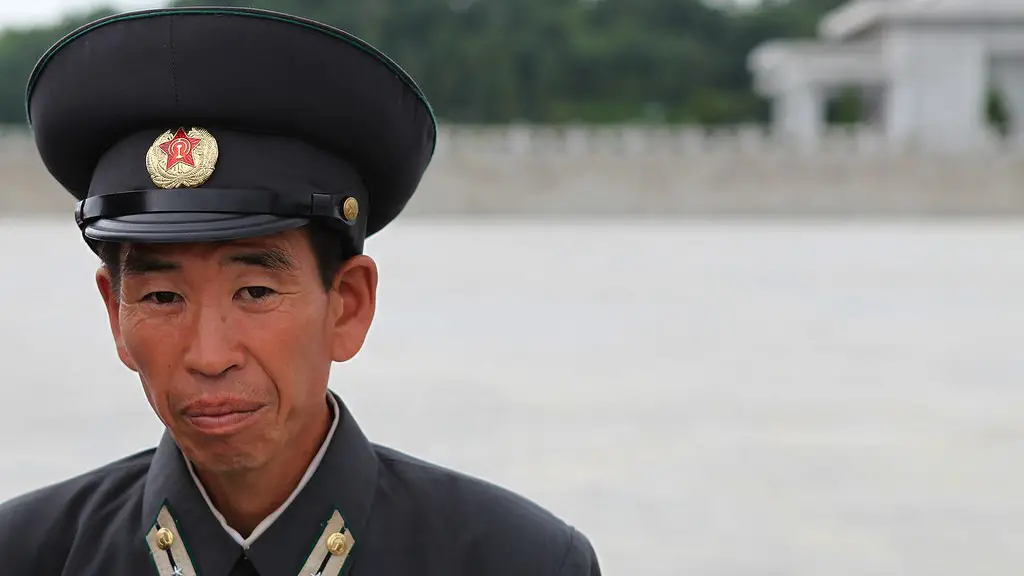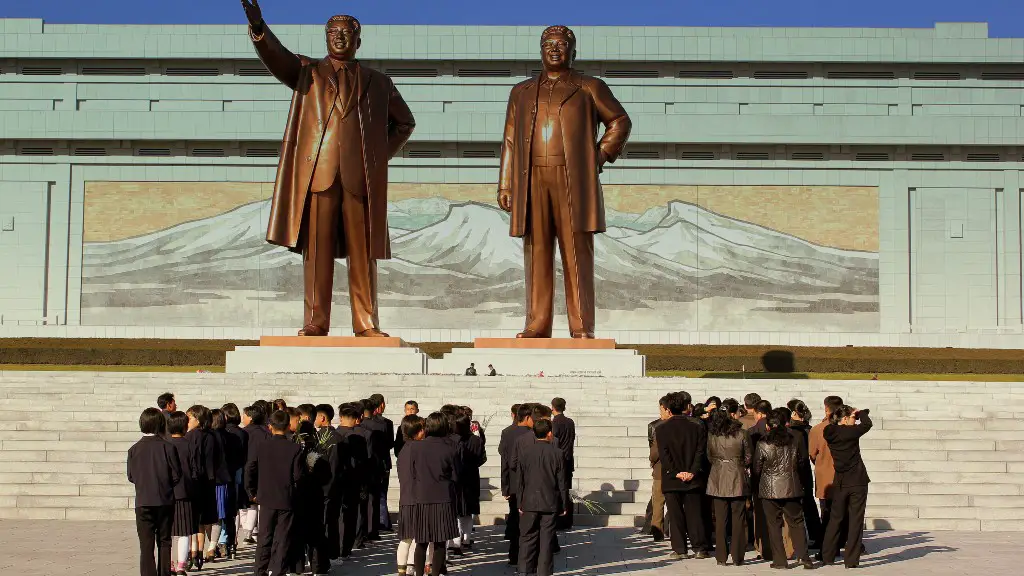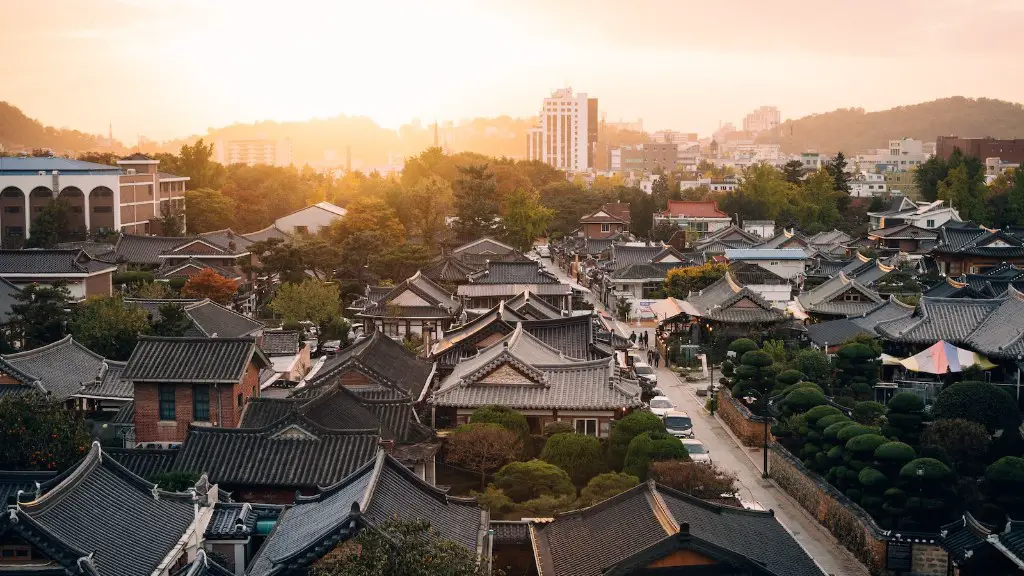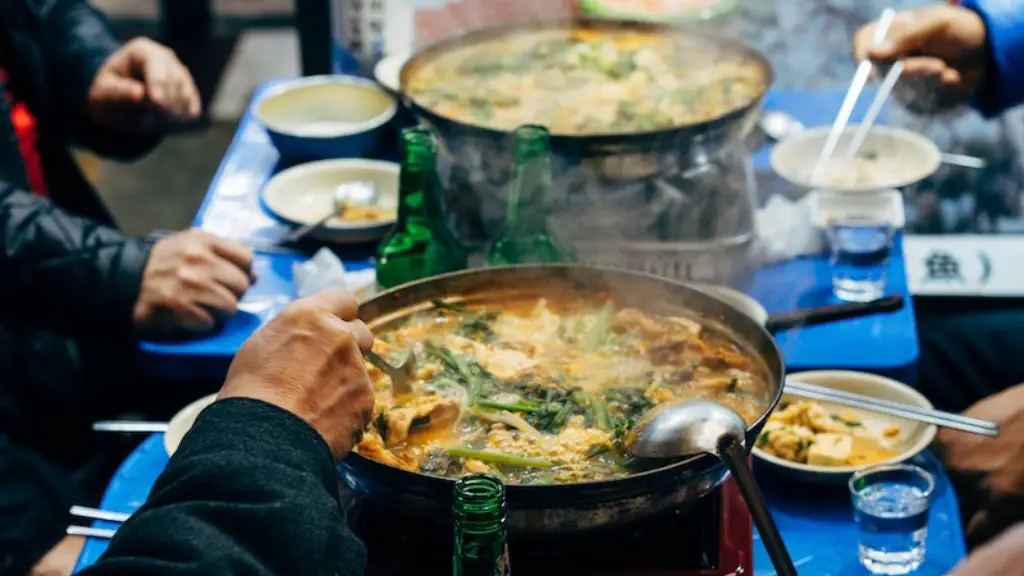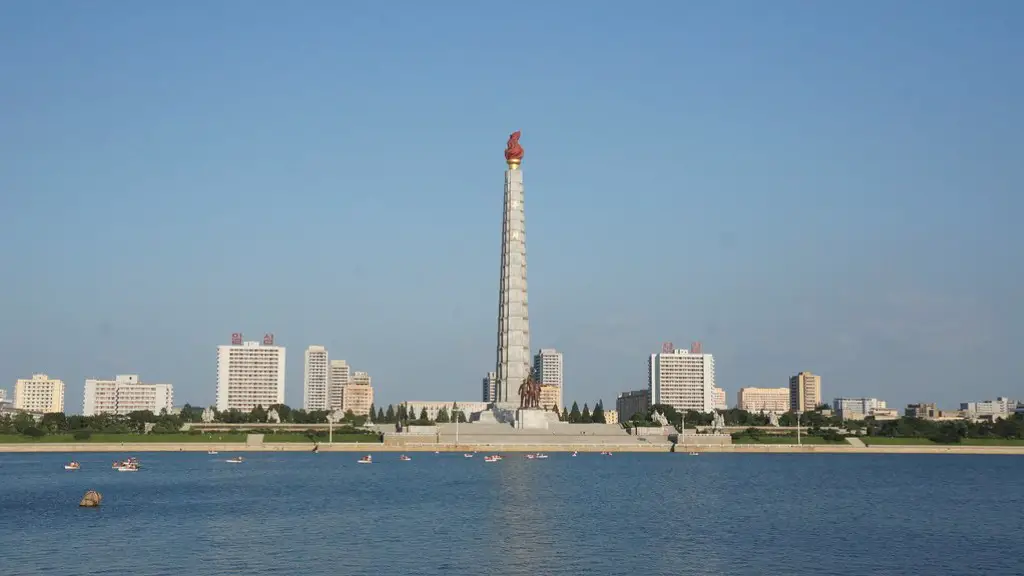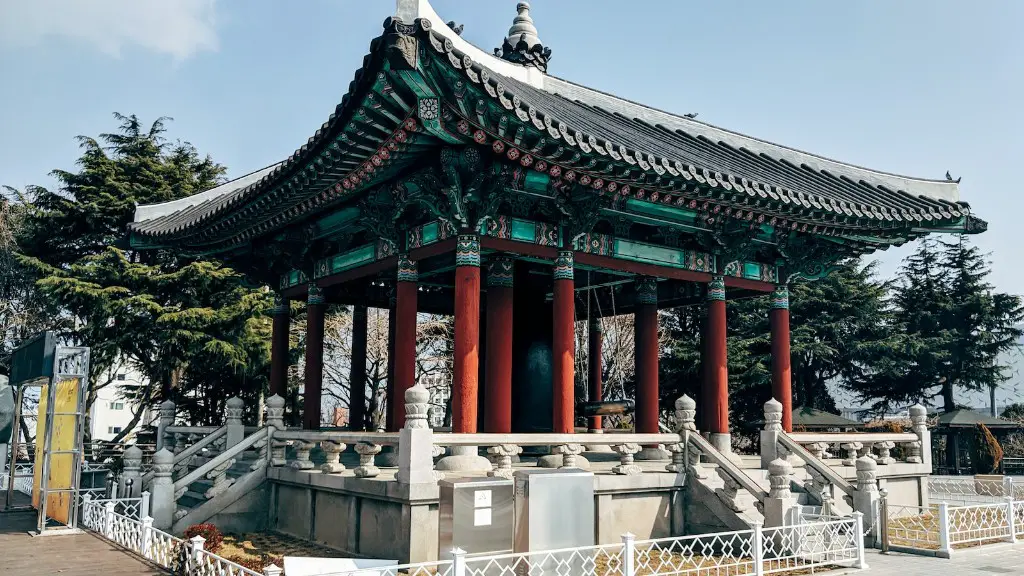The government system of North Korea is a single-party socialist state that is guided by the “Juche” ideology. The Juche ideology emphasizes self-reliance, and the North Korean government has developed a unique and centralized style of governance. The North Korean government is also notable for its repressive policies, and its human rights record is considered to be one of the worst in the world.
The government system of North Korea is a single-party socialist state governed by the Workers’ Party of Korea. The head of state is the Chairman of the State Affairs Commission, and the head of government is the Premier of the Cabinet. The government is made up of the Executive, Legislative, and Judicial branches.
What type of government is North Korea under?
The Democratic People’s Republic of Korea is an authoritarian state that has been led by the Kim family for the past 70 years. Kim Jong Un, the son of Kim Jong Il, was named marshal of the DPRK and supreme commander of the Korean People’s Army shortly after his father’s death in 2011. The DPRK is known for its repressive regime and its nuclear weapons program.
North Korea is an “independent socialist state” that holds elections, though they have been described by independent observers as sham elections. North Korea is a totalitarian dictatorship with a comprehensive cult of personality around the Kim family.
Is North Korea democratic or communism
Since the end of economic aid from the Soviet Union after its dissolution in 1991, North Korea has been struggling to maintain its communist ideology. Over the years, the country has experienced an economic slowdown, which has made it difficult to uphold the communist ideology. However, North Korea continues to nominally uphold communism, but has replaced it with a more practical approach.
The North Korean government is dominated by the ruling Workers’ Party of Korea (WPK) and has been since North Korea’s inception in 1948. The Cabinet now has the right to supervise and control the Local People’s Committee (LPC) with regard to local economies and administration. This change was made in order to streamline the government and make it more efficient. The LPCs are still responsible for carrying out the policies and directives of the WPK, but they now have to answer to the Cabinet as well.
Is Korea a democratic country?
The Economist Intelligence Unit (EIU) has rated South Korea as a “full democracy” for the first time in its Democracy Index. The EIU’s Democracy Index is based on five categories: electoral process and pluralism, civil liberties, the functioning of government, political participation, and political culture. South Korea received a score of 8.38 out of 10 in the 2022 index, up from 8.32 in the 2021 index. This is the first time that South Korea has been rated as a “full democracy” by the EIU.
The North Korean constitution does guarantee certain freedoms, including freedom of speech and assembly. However, these rights are often not upheld in practice, as other clauses in the constitution take precedence. For example, citizens are required to follow a socialist way of life, which can limit their ability to freely express themselves.
What things are not allowed in North Korea?
When travelling to North Korea, it is important to be aware of the country’s strict laws about what you can bring into the country. It is illegal to bring in religious, pornographic or political items, and all published material and electronic devices must be declared upon arrival. It is also illegal to knowingly or unknowingly possess items that breach North Korean law. Travellers should exercise caution and research North Korea’s laws and customs before visiting to avoid any potential problems.
Some of the significant human rights issues in ____________ include unlawful or arbitrary killings by the government; forced disappearances by the government; torture and cruel, inhuman, and degrading treatment and punishment by government authorities; harsh and life-threatening prison conditions, including in political prison camps; arbitrary detention; and restrictions on freedoms of expression, assembly, association, religion, and Movement.
What things are illegal in North Korea
The government of North Korea strictly controls all media consumption within the country. Accessing phones, computers, televisions, radios or media content that are not sanctioned by the government is illegal, and considered “anti-socialist behavior” to be severely punished. The government regularly conducts crackdowns on unsanctioned media consumption, often resulting in prison sentences for those caught.
The Marxist–Leninist states, also known as the Communist states, are a group of states that follow the ideas of Marxism–Leninism. These states are usually one-party states, and have state-run economies. They are distinct from the former Soviet Union and its satellite states, which follow a similar ideology, but have a different political and economic system.
There is a key difference between communism and socialism. Under communism, most property and economic resources are owned and controlled by the state. Under socialism, all citizens share equally in economic resources as allocated by a democratically-elected government.
The amount of power a central government has in a communist society varies. In China, the Communist Party holds most of the power, while in Cuba, the Cuban Communist Party (PCC) has less power and the Cuban government has more power. In Laos, the Lao People’s Revolutionary Party (LPRP) has most of the power, while in Vietnam, the Communist Party of Vietnam (CPV) has the majority of the power. In North Korea (DPRK), the Workers’ Party of Korea (WPK) has almost complete control.
Is South Korea a democracy or dictatorship
The Republic of South Korea, commonly known as South Korea, is a sovereign state located in East Asia. With a population of over 51 million people, it is the 37th most populous country in the world. The peninsula is bordered by the East China Sea to the west, the Sea of Japan to the east, and the Yellow Sea to the south. The capital and largest city is Seoul, with a population of over 10 million people.
South Korea has a long and complicated history. It has been occupied by various foreign powers and has experienced several major military conflicts. Since the 1960s, however, the nation has rapidly developed economically and now has one of the richest economies in the world. The country is also a major cultural power, with a rich tradition of art, music, and literature.
The current political system of South Korea is a liberal democracy. Since its inception, the country has gradually stabilized and developed into a prosperous and thriving nation.
The decision by the United Nations General Assembly to accept the report of UNTCOK and declare the Republic of Korea to be the “only lawful government in Korea” was a major step in the process of formalizing the division of the Korean Peninsula. This decision paved the way for the establishment of the North Korean Communist state in 1949.
What makes North Korea a dictatorship?
North Korea’s political system is based on the principle of centralization. The constitution defines North Korea as “a dictatorship of people’s democracy” under the leadership of the Workers’ Party of Korea (WPK), which is given legal supremacy over other political parties. The WPK controls the government and the military, and wields considerable control over the media and civil society. North Korea is a single-party state, and dissent is not tolerated. The government pursues a policy of “juche” (self-reliance), and is highly isolationist. North Korea has a highly regimented and centralized economy, and does not allow foreign investment.
The liberal movement in South Korea began as a ‘moderate right-wing’ movement against the far-right dictatorship. However, in the current political structure of South Korea in the 2020s, it has become a ‘moderate left-wing’ movement against the right-wing conservative movement.
Final Words
The government of North Korea is a single-party socialist state headed by the Supreme Leader and ruled by the Workers’ Party of Korea. The government controls all media and information, and regulates all aspects of the economy and society. All citizens are required to support the government and the ruling party.
The North Korean government is a centralized dictatorship headed by the Kim family. The country’s constitution defines the government as a “people’s republic” and emphasizes the primacy of the ruling Workers’ Party of Korea. North Korea’s government is characterized by its total control over the lives of its citizens, its rigid devotion to the personality cult of Kim Il-sung and Kim Jong-il, and its isolation from the rest of the world.
